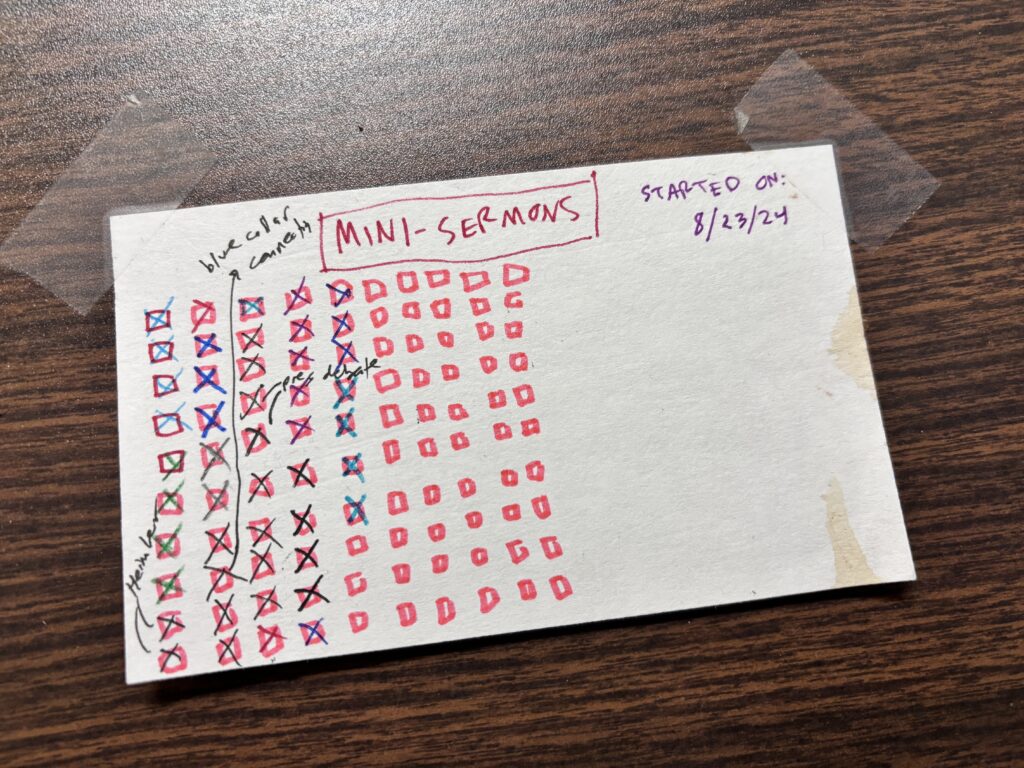Dear colleague,
Last time, I shared rough draft thoughts on how I'm doing in the Age of AI. This time, I'd like to begin a series of essays on the Value of the different modes of learning I describe in These 6 Things. If you've got a copy of that book, get it handy for the next few weeks.
The overarching questions of these essays are as follow:
- Why, in a world of rapidly advancing AI, is it important to guide students toward disciplinary mastery?
- More specifically, why do knowledge-building, argumentation, reading, writing, and speaking/listening still deserve pride of place in the way we spend time in secondary classrooms across the content areas?
In answering these questions, I'll be situating myself as an “apologist, winsome and sure,” whose job as a teacher includes making the case for the Value of this work of learning in my classes. (This isn't a new part of my job; on the contrary, I suspect that such apologetics have been a part of teaching for as long as teaching's been around.) In other words, these essays will be the stuff of mini-sermons — Strategy 4 of 10 in my book The Will to Learn.
As I go about this, I invite you to engage in this “mini-sermon” practice in your classroom. Where and when you're able, attempt to communicate — briefly, clearly, with noble fire — the Value of what you ask students to do and of where your lessons aim to take them. Do this as often as you can, and as you do so, keep in mind that your practice will produce a transformation. Keep track of your mini-sermon attempts on an index card (you'll see mine for the year pictured below).

So next week, we'll start with why we write.
In the meantime, if you want to brush up on mini-sermons, click here or see Strategy 4 in your copy of The Will to Learn.
Teaching right beside you,
DSJR
Leave a Reply